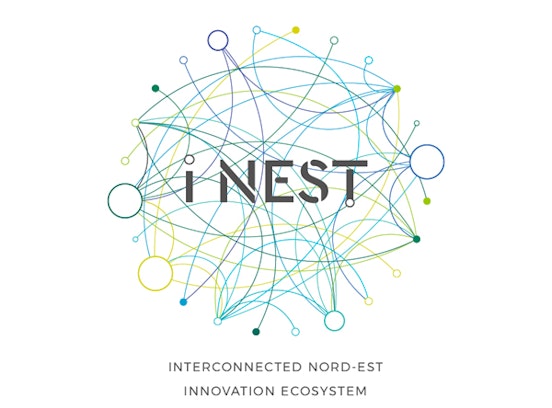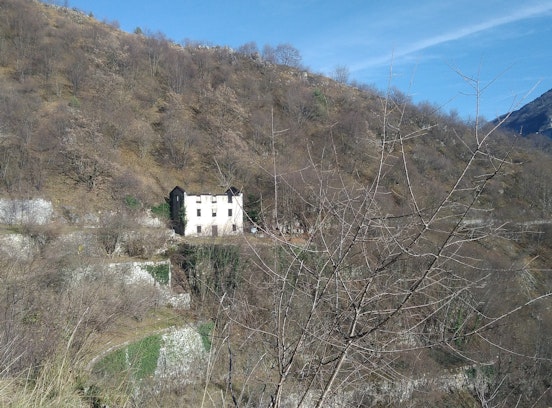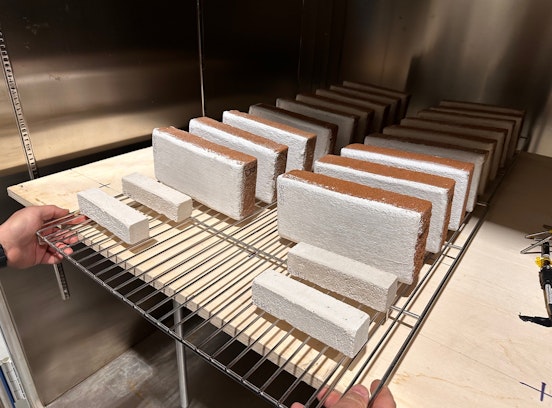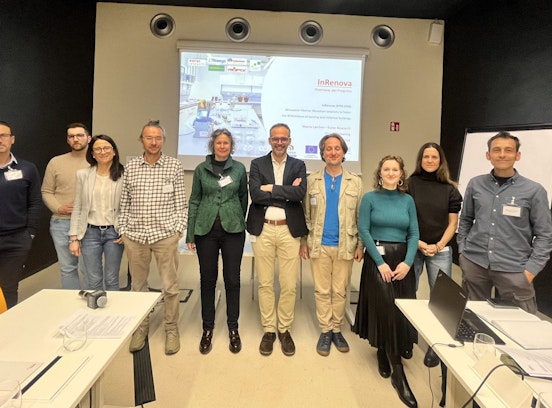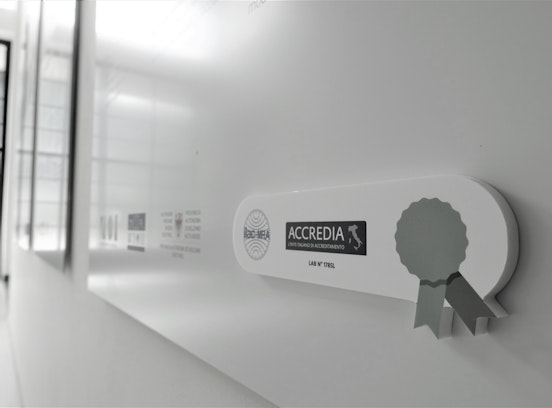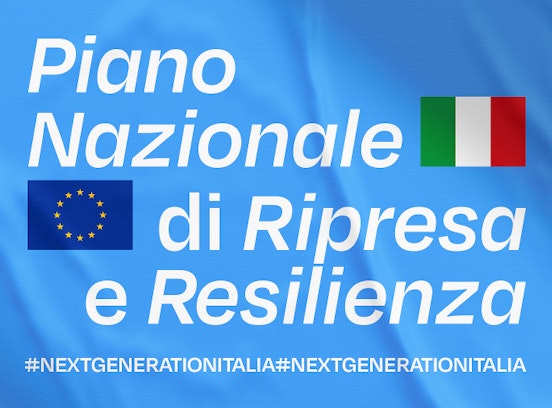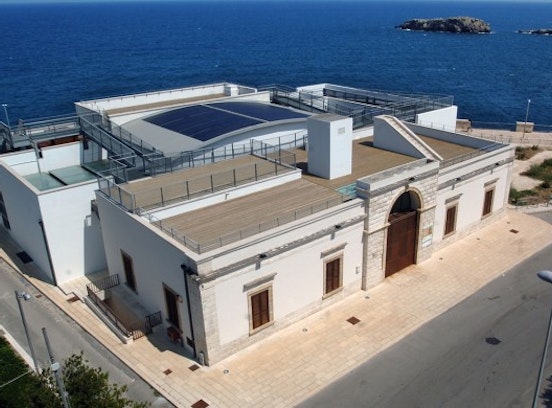Institute for Renewable Energy - Energy retrofit of historic buildings
Energy retrofit of historic buildings
This research group focuses on energy performance of historic buildings and districts, offers solutions of energy retrofit compatible with conservation, analyses the hygrothermal performance of buildings and building details.
- Deutsch
- English
- Italiano
There are no standard solutions in energy refurbishment for historic buildings. Every operation requires a tailored analysis and refurbishment plan based on the characteristics of the building, regulations established by the person responsible for historic and artistic heritage and the landlord’s intentions. This research group of the Institute for Renewable Energy focuses on energy performance of historic buildings and districts, offers solutions of energy retrofit compatible with conservation, analyses the hygrothermal performance of buildings and building details, and the conservation aspects in building retrofit and energy planning.
MAIN TOPICS:
- Study of energy retrofit solutions
- Energy performance of buildings and historic centres
- Analysis of energy performance and thermo-hygrometer compatibility
- Supporting retrofit and energy refurbishment projects
- Coordination of integrated development processes (IDP) which involve the client, designer, suppliers and refurbishment experts
- Supporting the development of energetic plans for historic centres
SCIENTIFIC CONSULTANCY BOTH FOR PRIVATE ENTERPRISES AND PUBLIC AUTHORITIES ARE PROVIDED IN TERMS OF:
- Meet the demands of both landlords and the person responsible for historic and artistic heritage
- Support public administrations and national or regional departments in defining guidelines and developing urban planning tools
- Help architects plan their on-site operations
- Help manufacturers develop products and systems to be used for energy refurbishment: from development to installation, guiding them during the test trials and performance testing
METHODOLOGICAL APPROACH:
- Energy assessment and environmental monitoring
- Thermo-hygrometer and thermodynamic energy simulations (summer simulations also available)
- GIS model simulations
- Development of building envelopes, from windows and shutters, insulation and integrated photovoltaic systems
- Use of active and passive systems such as natural ventilation, illumination, renewable energy sources
- Environmental comfort
- Test trials in laboratories

